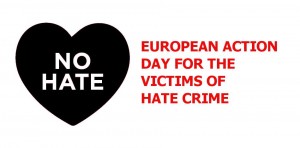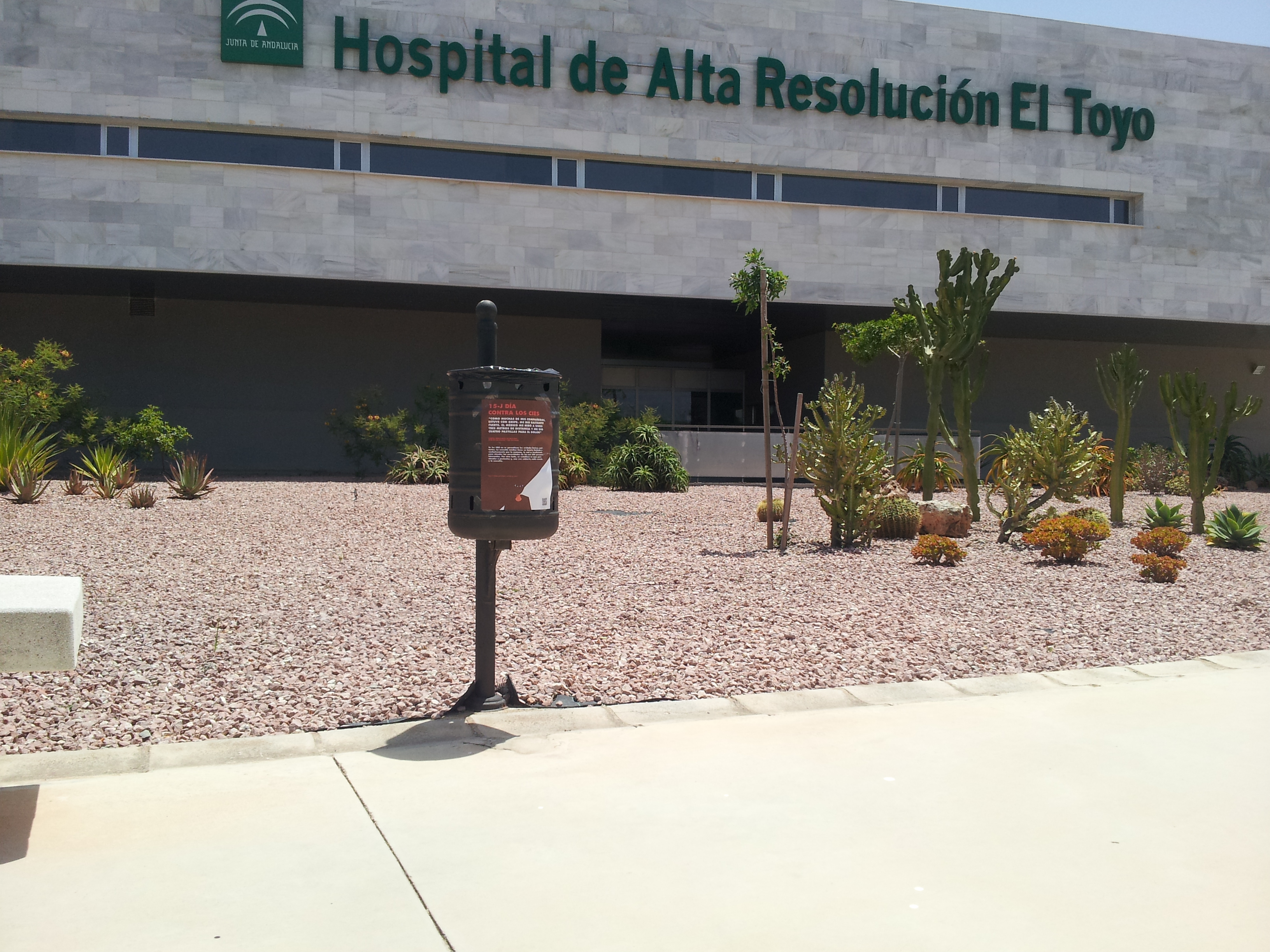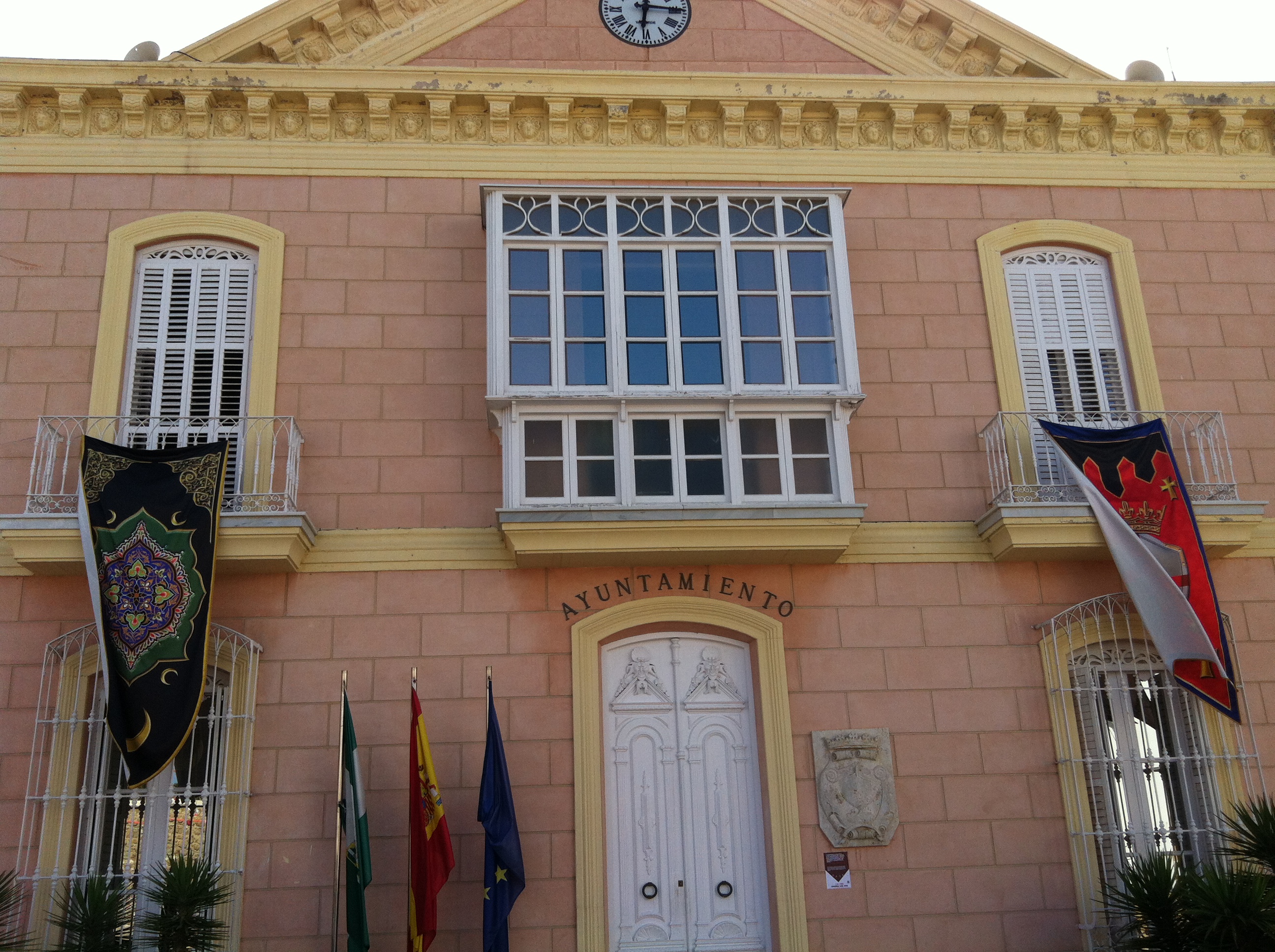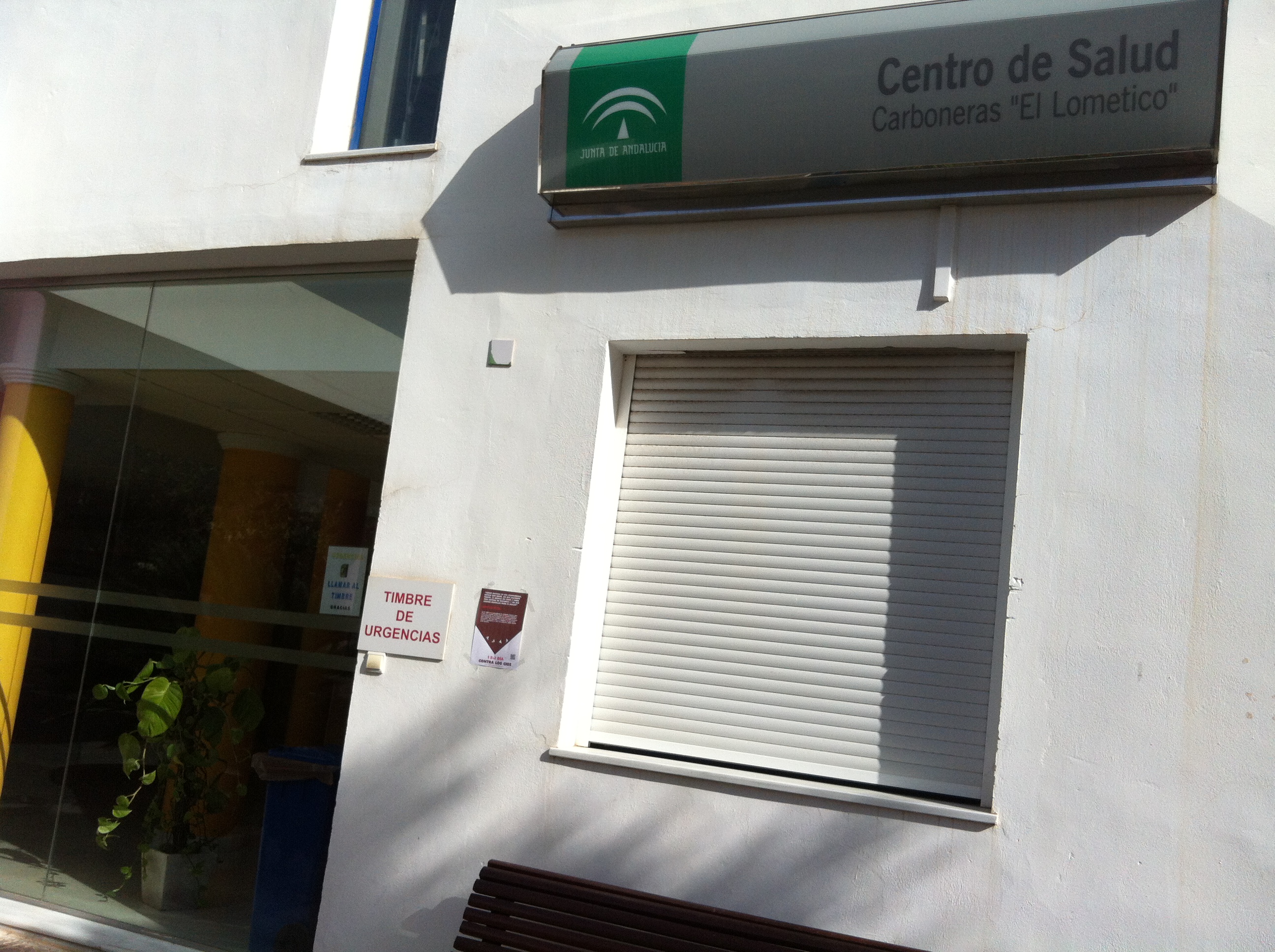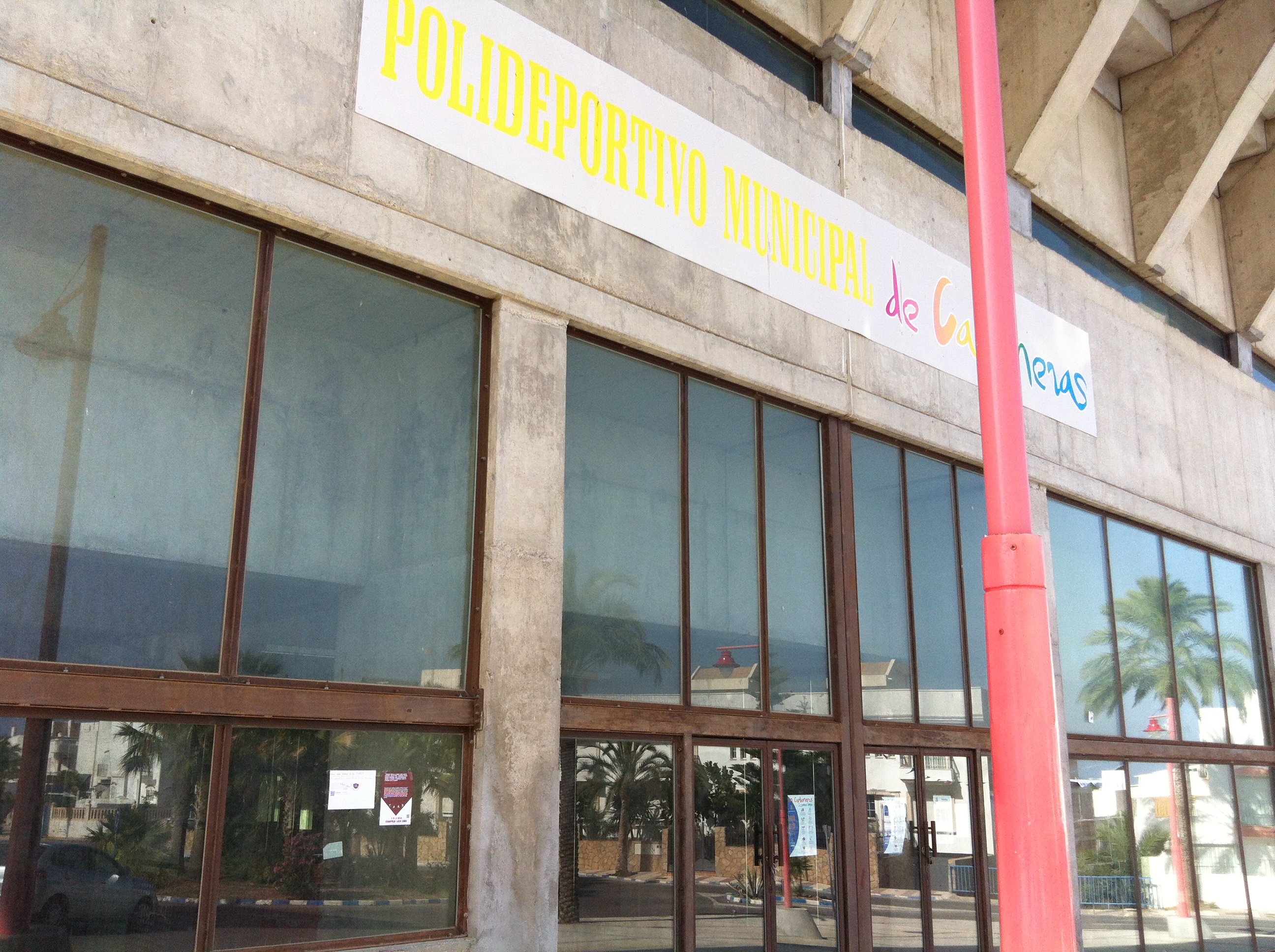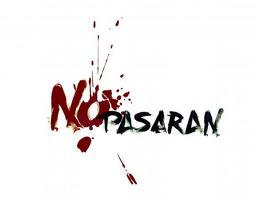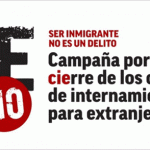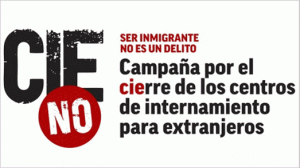
Centros de Internamiento de Extranjeros (CIEs) are detention centers for migrants in an irregular administrative situation. While in detention, inmates are frequently subjected to inhuman and degrading treatment. Numerous civil society organizations and activists uncovered and documented systematic and gross violations of inmates´ most fundamental human rights. CIEs have become a true shame of modern Spain.
Pro Igual materials
Hunger strike of CIE inmates in Barcelona: Will the Government reverse its anti-immigrant policies?
Time to close prisons for migrants
Can a democratic state´s institution be responsible for encouraging hate crimes?
Official documents
Boletín Oficial de Estado por el que se aprueba el cierre del Centro de Internamiento de Málaga. Enero 2013.
Mapa de Centros de internamiento de Extranjeros. Migreurope. Diciembre 2012.
Trabajo Fin de Grado de Trabajo Social. “Los Centros de Internamiento de Extranjeros” Un anacronismo en la sociedad actual. Silvia Martinez Ruiz. Julio 2012.
Anteproyecto de Real Decreto por el que se aprueba el Reglamento de funcionamiento y régimen interior de los Centros de Estancia Controlada de Extranjeros. Mayo 2012.
Acuerdo de los juzgados de Vigilancia del CIE de Madrid . Sobre la obligación de informar a los/as internos/as del momento y lugar de los vuelos, así como la posibilidad de organizar su regreso. Febrero 2012.
Auto Juzgado nº6 en funciones de control jurisdiccional del CIE de Madrid. Sobre condiciones y servicio médico. Diciembre 2011.
Acuerdo Jueces sobre acceso al baño en el CIE. Noviembre 2011.
Perfiles Raciales y Control de La migración en España Elaborado por Amnistía Internacional. Contiene un pequeño apartado sobre CIEs. 2011.
Acuerdos de readmisión firmados por españa con distintos países. Listado realizado por Migreurope. Actualizado Diciembre 2011.
Dictamen presentado ante el Comité para la Eliminación de la Discriminacion Racial sobre los Centros de Internamiento de Extranjeros por la Asociación Española para el Derecho Internacional de los Derechos Humanos. febrero 2011.
Estancia Regular: ¿Multa o Expulsión?. Elaborada por ICAM y pueblos unidos.2011.
Directiva de Retorno de La Unión Europea. Para conocer cambios respecto al internamiento en Europa (18 meses, etc. )2008:
La vida en la frontera. Internamiento y expulsiones. Capítulo del libro Frontera Sur. 2008.
ORDEN de 22 de febrero de 1999 sobre normas de funcionamiento y régimen interior de los centros de internamiento de extranjeros. Orden Ministerial con la que se crean y regulan los CIEs. 1999.
Other useful resources
Cárceles racistas blog es una iniciativa de SOS Racismo Madrid, Comisión CIE de Ferrocarril Clandestino y Masticable y tiene como principal objetivo recoger los testimonios de personas que han pasado por los CIEs así como de sus familiares y amistades.
¿Cuál es el delito? Informe de la Campaña por el cierre de los Centros de Internamiento de Extranjeros: Caso Zapadores. Campaña por el cierre de los CIE. Marzo 2013.
Atrapados tras las rejas: Informe CIEs 2012. Centro Pueblos Unidos. Abril 2013
Informe 2012, un año en el CIE de Algeciras APDHA. Diciembre 2012
La protección de los derechos de las personas migrantes en Europa: España. Organizaciones de Migreurop en España para la comisión de derechos humanos del consejo de Europa. Noviembre 2012.
Mujeres en los Centros de Internamiento de Extranjeros (CIE) Realidades entre rejas. Women´s link worldwide. Mayo 2012
Observaciones al documento de trabajo previo al antreproyecto de Real Decreto para el Reglamento de funcionamiento y regulación interna de los CIE. Redactado conjunto de varias organizaciones que vienen trabajando en los CIE sobre cuestiones concernientes al anteproyecto de reglamento. Abril 2012.
Mirada tras las rejas. Informe de Pueblos Unidos sobre el CIE de Aluche. Diciembre 2011.
CIE, Derechos Vulnerados‘ . Informe de Migreurop basado en visitas realizadas por organizaciones pertenecientes a esta red a cuatro centros de internamiento ubicados en territorio del Estado Español. Diciembre 2011.
Informe sobre derechos y libertades de las personas Internadas en los centros de Internamiento de Extranjeros. Comissió d’Estrangeria Il·lustre Col·legi d’Advocats de Barcelona. Septiembre 2011.
La autorización judicial de internamiento de extranjeros. Injusticias. Ferrocarril Clandestino. Enero 2011.
100 ventanas a 5000 vidas truncadas. Informe de Pueblos Unidos sobre el CIE de Aluche. Información obtenida a través del trabajo de visitas que esta organización realiza en el CIE de Aluche. 2010.
Para quien quiera oir. Voces desde y contra el CIE de Aluche: Informe sobre el Centro de Internamiento de Aluche basado en testimonios de personas internas y familias. Realizado por Ferrocarril Clandestino, SOS racismo y Médicos del mundo. 2009.
Situación de los Centros de Internamiento para extranjeros en España, Conversaciones junto al Muro. Informe en el que se analiza la situación de los Centros de Madrid, Málaga y Valencia a través de visitas a los mismos y entrevistas tanto a internos como a personal. Realizado porla Comisión Española de Ayuda al Refugiado en el marco del estudio europeo DEVAS. 2009.
Análisis del Régimen Jurídico del Internamiento de Extranjeros. Para que el Derecho no se detenga a la puerta de los CIE. Este grupo trabaja en los límites entre la extranjería y el sistema penal. El informe analiza desde un punto de vista meramente jurídico y en profundidad la situación del internamiento. Realizado por el grupo Inmigrapenal. 2009.
El Internamiento de Extranjeros. Propuestas y razones para su modificación. Son posibles enmiendas al articulado del proyecto de ley de extranjería, realizado antes de su modificación. Enfoque jurídico realizado por Inmigrapenal. 2009.
Centros de Retención e internamiento en España. Información contenida en menos de 20 páginas que da una visión general de este tipo de centros en España. Asociación pro derechos humanos de Andalucía (APDHA). 2008.
Informe del defensor del pueblo en el que hace referencia a los centros de internamiento.2008.
Centros de Internamiento. Cárceles encubiertas. visión general, y especial mención al CIE de Málaga.2008.
Informe parlamento europeo sobre la situación de los Centros de Internamiento en 25 países de Europa. 2007. Idioma inglés.

 September 24th, 2013
September 24th, 2013 


